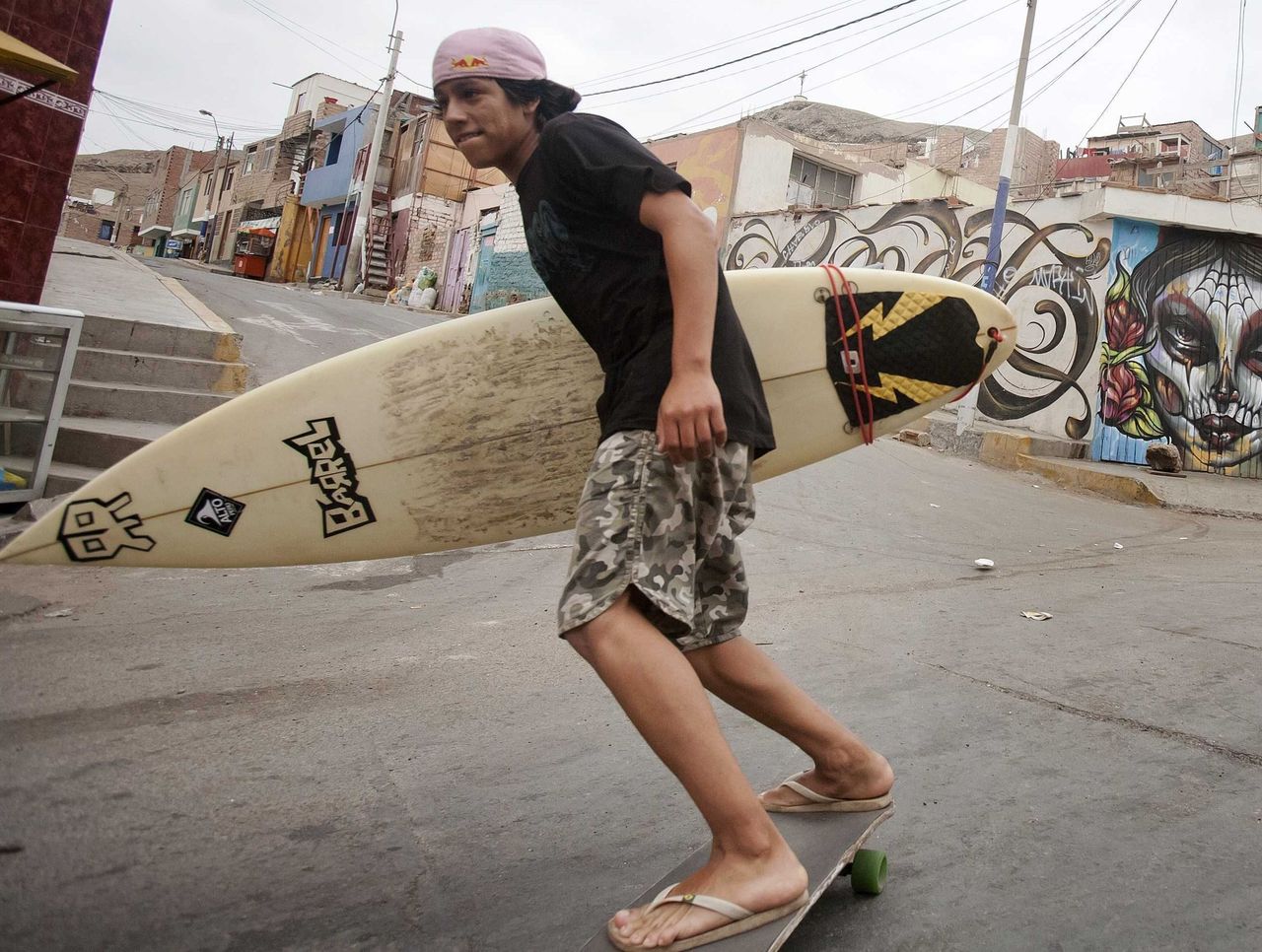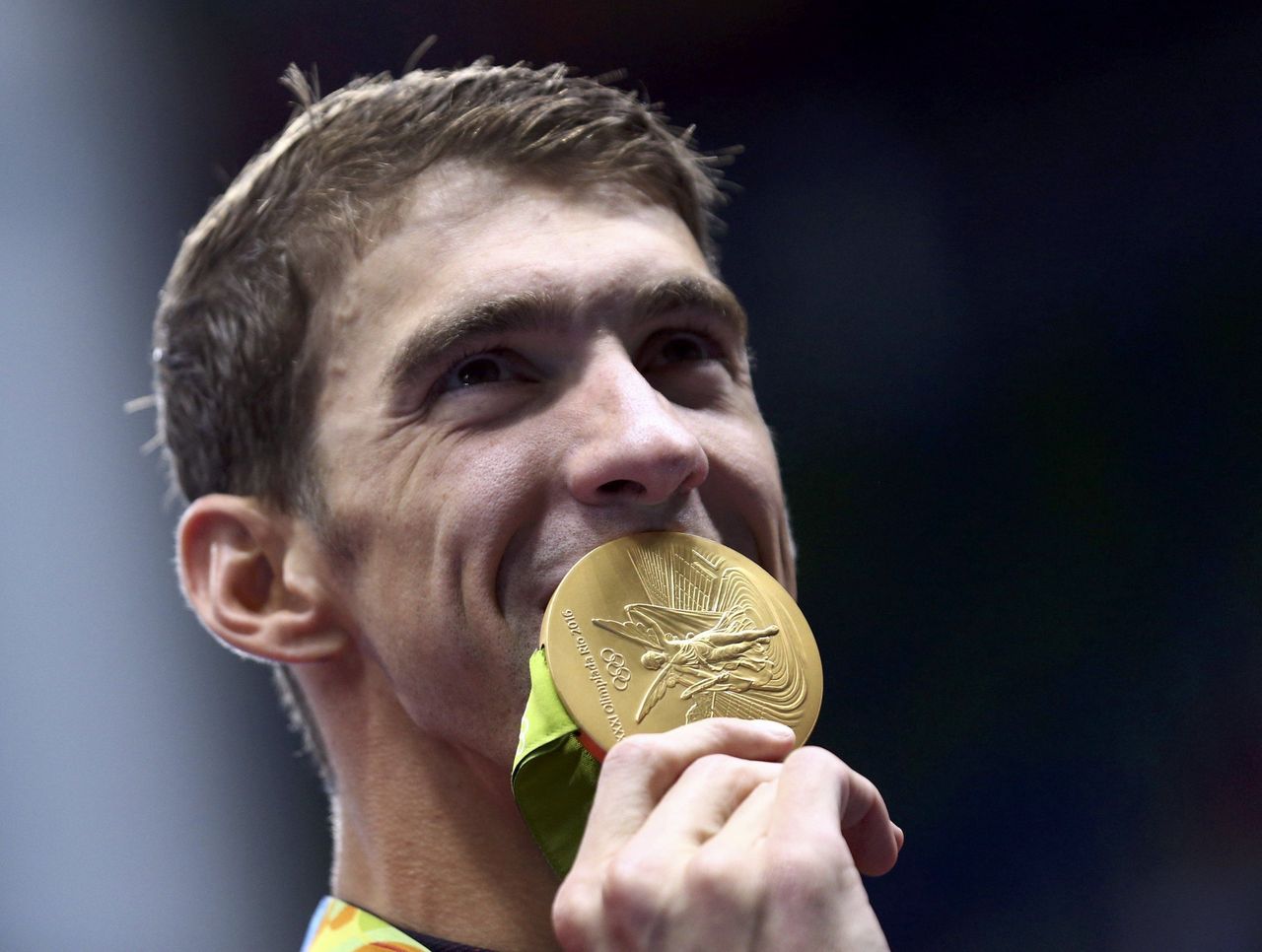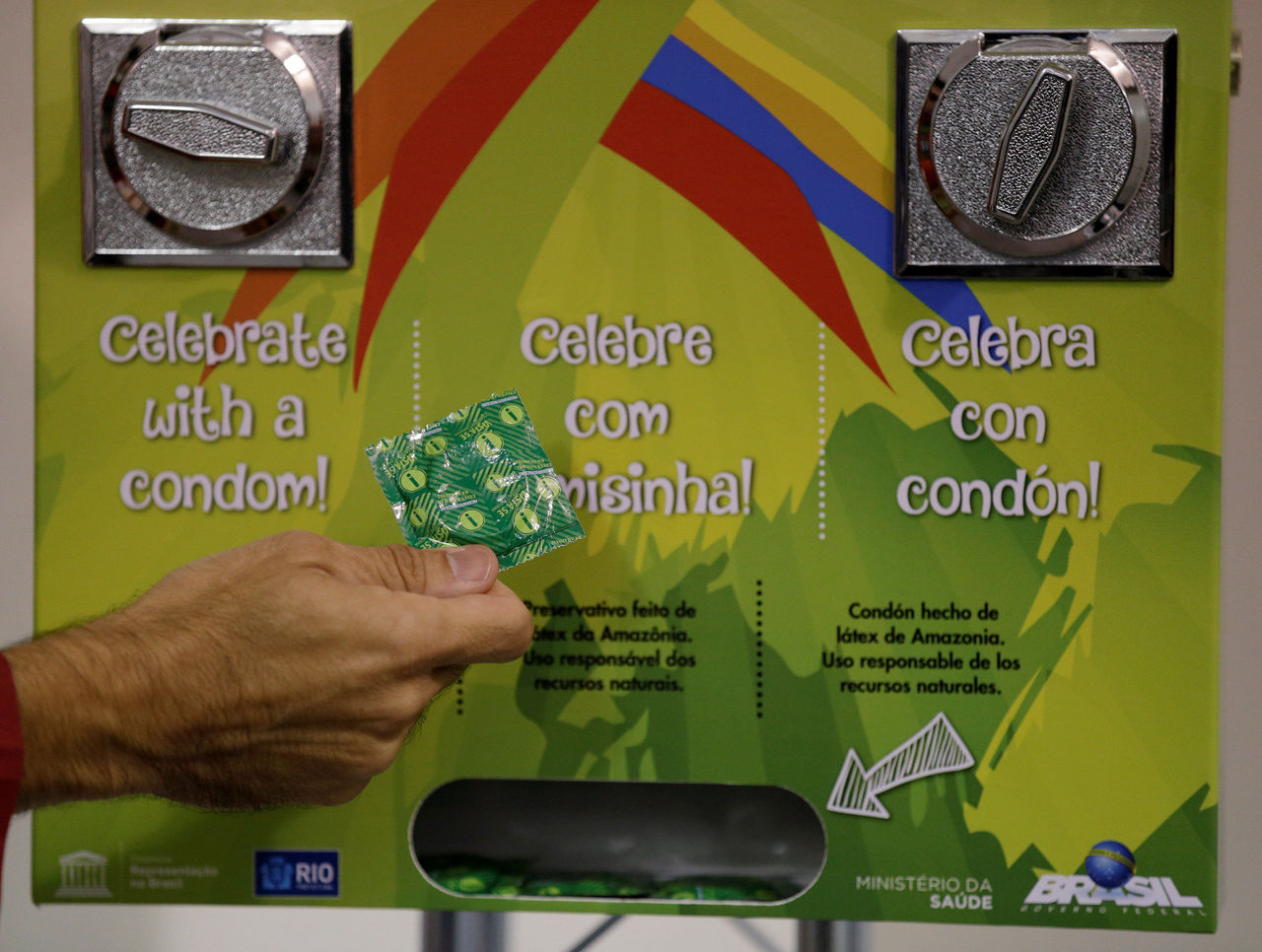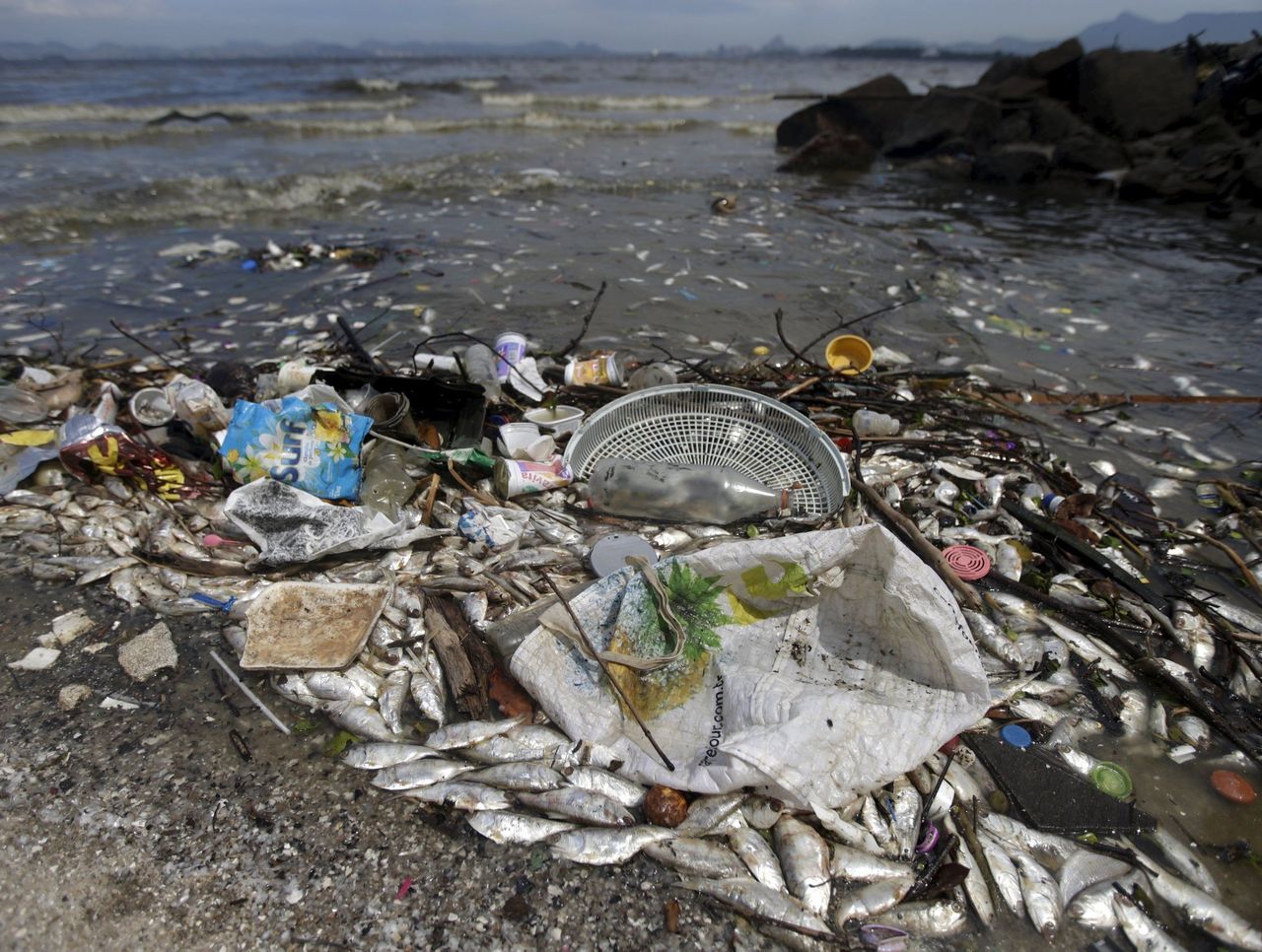What will change, what will stay the same at Tokyo 2020
Looking ahead to 2020 is a tough proposition.
If Ray Kurzweil and Hollywood have taught us anything, by 2020 robots (think CHAPPIE) will likely be doing this job, and potentially every other job. Olympic events could be chock-full of athletic robots, breaking every world record, drunk on their own sense of self-satisfaction and the sweet, sweet, engine coolant that's used to calm their violent urges and keep joints from rusting.
Let's take a trip into the terrifying, or not, future.
Change: The Olympics are about to get EXTREME (guitar riff)

Hey kids! These won't be your daddy's Olympics ... as your father's generation is becoming an increasingly irrelevant and therefore less lucrative advertising demographic. We, the IOC, know what kids like these days. We're adding all of your favorite sports-adjacent activities at Tokyo 2020!
We've got surfing! We've got skateboarding! We've got something called sports climbing!? That one's definitely a sport, it's got "sport" right in the title.
We're only four years away from the torch being "lit," so hop on the information superhighway and check out our live streams of the coolest sports corruption can buy.
Same: NBC's frustrating tape-delayed coverage

As it stands right now, the broadcaster of Olympic coverage in the U.S. is not going to change its tape-delayed, heavy coverage of the games. If not changed, that 13-hour time difference will once again spur outrage.
Since it doesn't make financial sense to provide viewers with live coverage on its main network, it will continue not to do so. Where things have changed is in the streaming arena, where more and more coverage will be migrating over the next four years.
In 2020, it may not matter to most that the Olympics aren't shown live on television, but somewhere Bob Costas will be pontificating.
Change: Bolt and Phelps will not be present

For the fist time since Atlanta 1996, Michael Phelps and/or Usain Bolt will not participate in the Olympics.
The past three games have been dominated by the two greatest athletes in their respective sports, and it has not been determined yet if either are in fact robots.
Will the likes of Andre De Grasse, Katie Ledecky, and Wayde van Niekerk be able to take up the mantle for Phelps and Bolt, or will it be a complete unknown who steps into the spotlight?
Same: The Condom Story

Every Olympics we hear about the seemingly baffling number of condoms being given out to the athletes.
"There's exactly 17 million condoms per athlete, should anyone decide to engage in consensual sex with themselves or another adult," we're told every games.
It's a story that's got everything. Athletes! Sex! Basically just athletes and sex. That's all we really need and we'll be hearing about this again as the Olympic news cycle swallows us into an abyss from which we will never clamber out of.
Change: Infrastructure and organization

On a serious note, it's hard to imagine any Olympics having the kind of infrastructure and health concerns Rio had, and Tokyo will stand in stark contrast.
The plan to streamline events and use existing venues will hopefully cut down on the onerous impact the games can have on a debt-strapped country.
But Tokyo is also known as one of the cleanest modern cities in the world, something Rio was heavily criticized for not being.
The pre-Olympic talk will not be dominated by Zika virus, contaminated water, and kidnapping concerns, rather some other complicated issues will take its place and we'll be forced once again to contemplate the wisdom of holding a public funds-sucking athletic competition that does nothing to address real socioeconomic concerns.
Maybe in the future the solution will become obvious: An Olympics on ... the moon!!!